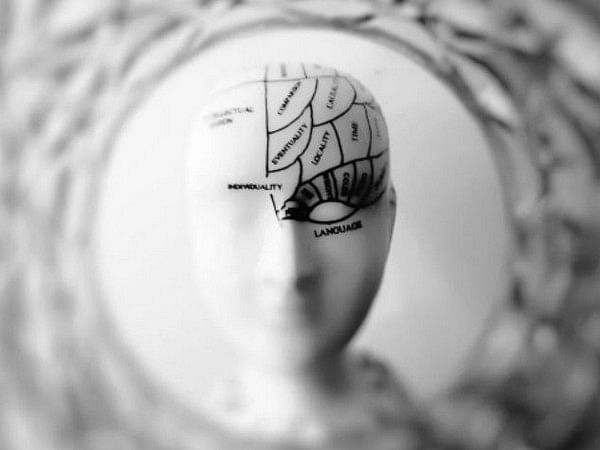Washington [US], September 24 (ANI): Huntington’s disease (HD) is a genetic brain disorder caused by a mutation in the Huntington gene. It is a neurological disease that has no cure and produces personality changes, dementia symptoms, and uncontrollable convulsive movements, eventually leading to death.
Such HD symptoms are known to be produced by the loss of brain cells in the striatum due to difficulties emerging in synapses critical to brain function during the disease’s progression. However, the precise mechanism behind brain dysfunction during the course of HD is still unknown. The findings of the study were published in the journal Acta Neuropathologica.
The research team led by Dr Jihye Seong and Dr Hoon Ryu, principal researchers at the Brain Science Institute (BSI) of Korea Institute of Science and Technology (KIST, President Seokjin Yoon), was said to have found significantly reduced activity of focal adhesion kinase (FAK) proteins that play an important role in neurite motility and proper synapse formation in the brain tissues of patients with HD.
Activated FAK proteins play an important role in brain function as they are essential in neurite motility and proper synapse formation. The KIST research team identified a significant reduction in FAK activity in HD cells and mouse models, as well as brain tissues of HD patients. These results were also verified through accurate measurements of FAK activity in live cells using a fluorescence resonance energy transfer (FRET)-based biosensor.
Phosphatidylinositol 4,5-biphosphate (PIP2), a phospholipid found in the cell membrane, is essential for the activation of FAK proteins. Using super-resolution structured illumination microscopy, the research team found that PIP2 in HD cells was unusually strongly bound to the mutant huntingtin protein, inhibiting proper distribution of PIP2 throughout the cell membrane. This abnormal distribution of PIP2 inhibits FAK activation, which hinders proper synaptic function, causing brain dysfunction in the early stages of HD.
Dr Seong said, “The pathological mechanisms of synaptic dysfunction in patients with Huntington’s disease revealed through this study could be utilized as a therapeutic target for the treatment of brain dysfunction.”
Dr Ryu added, “Because the results of this study show the pathological mechanisms found in actual brain tissues of patients with HD, I believe it has a greater significance in suggesting a new therapeutic target for human degenerative brain diseases.” (ANI)
This report is auto-generated from ANI news service. ThePrint holds no responsibility for its content.



